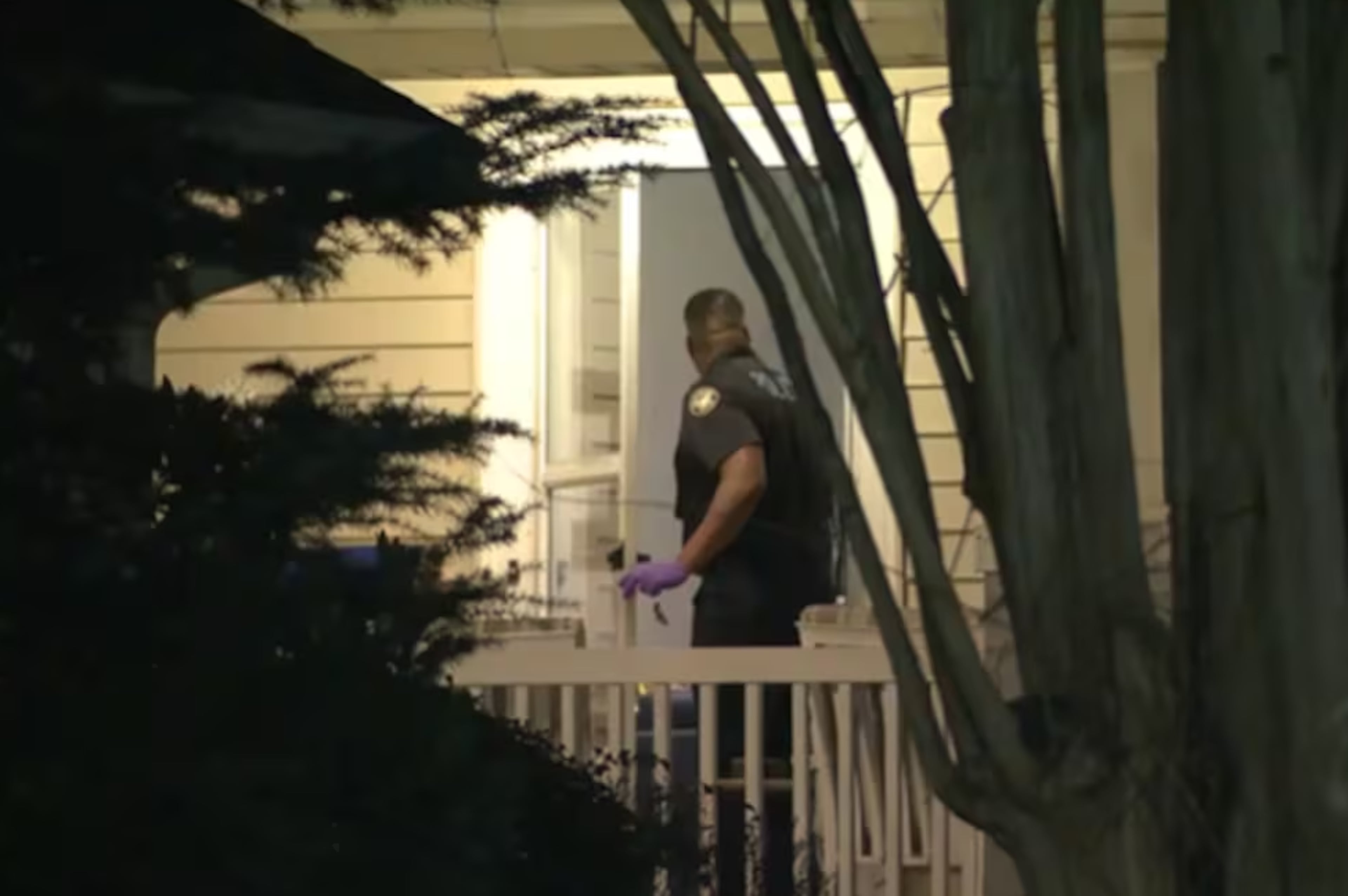Gwinnett chair denies claim she inappropriately pushed for MARTA vote

A complaint claiming that Gwinnett Commission Chairwoman Charlotte Nash violated state campaign finance laws by advocating for the county's transit referendum has "no evidentiary or legal basis," her attorneys argued in a recent filing.
Joe Newton, the longtime local activist whose opposition effort helped sink the March referendum, filed the complaint against Nash with the state ethics commission on April 16.
The complaint alleges that Nash improperly used county resources and her position as chairman to promote a yes vote during the hotly contested special election, which ultimately failed by more than an 8-point margin.
Georgia law holds that public funds cannot be used to influence the outcome of an election and, in theory, a salaried county official like Nash using her time to explicitly push for voters to cast ballots in favor of a public referendum could qualify as such.
Now that Nash and Gwinnett have responded to Newton’s complaint, staff at the ethics commission may conduct an investigation. Such probes can consist of audits, interviews and other research. The commission has subpoena power.
Generally speaking, potential outcomes range from administrative dismissal to consent orders, fines and referral to criminal prosecutors.
View the full complaint and response below.
The ethics commission will be tasked with deciding if Nash successfully toed the line between telling people how to vote and merely telling them what they’re voting on.
The chairman maintains she was doing the latter.
In a written response obtained this week by The Atlanta Journal-Constitution, attorneys representing Nash argued that she acted appropriately and asked for the complaint to be administratively dismissed.
“Chairman Nash understood the distinction between educating voters and engaging in advocacy in favor of the transit referendum,” attorney Bryan Tyson wrote. “While she worked to ensure that voters had a full understanding of the transit plan and the related agreements, at no time did she urge voters to vote in favor of the transit referendum.”
Nash is undoubtedly a transit advocate: she helped shape the state legislation that allowed Gwinnett to call a vote; her own campaign committee legally contributed $5,000 to the pro-transit group Go Gwinnett; and she spent countless hours speaking at different community and regional events.
But the commission chairwoman went to great lengths to try and walk the line drawn by state law.
Reporters from the AJC attended many of the dozens of community events and meetings at which Nash spoke or otherwise addressed transit during the build-up to the referendum.
While she openly advocated for the county’s then-pending contract with MARTA and for the transit plan that would’ve been put in place had the referendum passed, Nash stopped short of telling people how to vote. She at times drew criticism from other transit advocates for not going far enough in supporting for the referendum.
“I can’t tell you how many times I bit my tongue,” Nash told the AJC in the days following the vote.
At a March 12 forum hosted by the AJC for Gwinnett readers, Nash was among a panel that included MARTA CEO Jeffrey Parker, a member of the Go Gwinnett committee and two political commentators.
As Nash was walking into the private event, Newton charged at the chairman and tried to force a copy of a 1996 consent order from the state ethics commission into her hands. The order was originally served upon then-Gwinnett Chairman Wayne Hill, who was slapped for directly telling a group of senior citizens to vote for an upcoming sales tax referendum.
Nash was Gwinnett’s county administrator at the time of the consent order — which Newton contends she violated — and is well aware of its existence: in the build-up to March’s referendum, she frequently cited it as the rationale behind what she saw as a conservative approach to her advocacy.
Nash did not tell participants at the AJC forum how to vote.
The dozen-plus open houses that were also hosted by Gwinnett County prior to the referendum were presented as educational in nature, their primary feature a series of posters explaining what was included in the county’s transit plan.
Newton’s complaint argues that Nash and other county representatives went too far.
“One-sided education is not education, but deliberately-slanted government propaganda,” Newton wrote.
Newton’s complaint suggests that the county also flaunted a section of Georgia’s ethics law that says public meeting spaces should be provided to political organizations on an equal basis. He wrote that he should’ve been able to set up his own displays at the county-run information sessions, and that he should not have been charged to rent out the Gwinnett Historic Courthouse for an anti-transit event he hosted.
Joe Newton complaint against Charlotte Nash by Tyler Estep on Scribd


